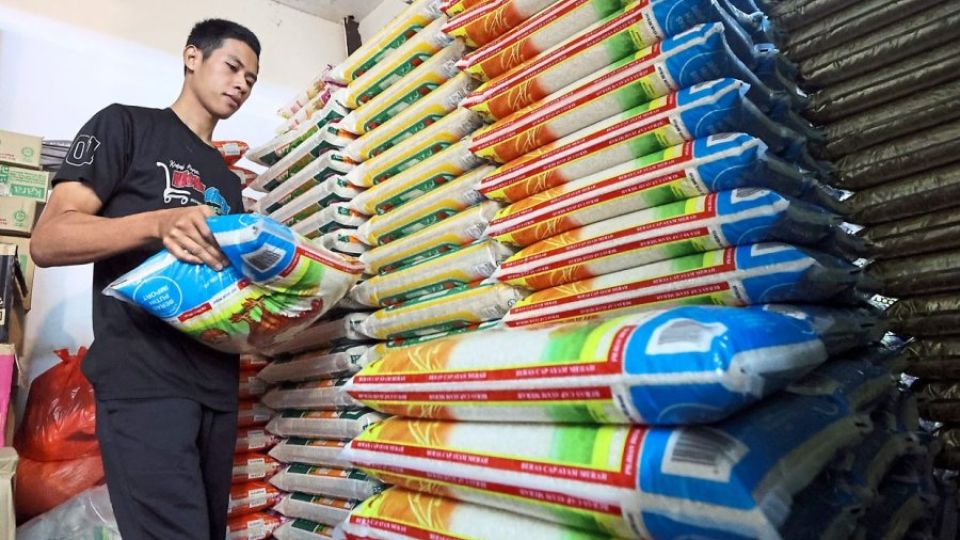KUALA LUMPUR (ANN/THE STAR) – Many consumers prefer sticking to the familiar taste of imported white rice despite the increased price of imported white rice nationwide in line with current global market prices.
Marketing manager Ahmad Fahmy Fahd Abdullah, 35, said he would not switch to local white rice due to the difference in quality and taste.
“I used to pay RM24 for a bag of 5kg imported rice, which had gone up to RM32 per bag when I did my grocery shopping two days ago.
“I have been eating the same brand of imported white rice since I was a child, so switching to a different brand is not an option for me despite the significant price difference.
“A 5kg bag of rice lasts about two to three weeks for my family of four.
“I am sure many feel the same way as I do and I hope the government can find a solution to soften the blow on consumers,” said the father of two when interviewed.
Tebrau resident Lee Kam Siam, 50, said her family has been consuming imported white rice all this while because they were not used to the texture of local white rice.
“My household rice consumption is lower now compared with before as my children are all studying in other states. I might look for a cheaper imported rice brand after this,” said the housewife.
Another housewife from Taman Universiti, Ayurina Ibrahim, said she also prefers imported rice because she believes that it has less starch compared with local white rice.
“If the price gets too high, I might consider buying local rice, but I notice there is a lack of local rice supply in the market these days.
“I spend at least RM300 on groceries each week and the price hike on imported rice does not affect me that much as my household’s rice consumption is quite low.
“My husband prefers eating flour-based dishes such as lempeng and fritters, so we spend more on flour, eggs and cooking oil,” said the 54-year-old.
In early September, Padiberas Nasional Bhd (Bernas) adjusted the price of imported white rice nationwide from RM2,350 a tonne to RM3,200 a tonne in line with current global market prices.
This caused the price of imported white rice to increase from RM33 to RM39 compared with local white rice sold at a controlled price of about RM2.60 per kg to RM26 per 10kg bag.
Checks by The Star at several markets and hypermarkets in the Johor Baru area found shelves well-stocked with imported rice but local white rice was difficult to find.
Sundry shop employee Irwan Shah said his outlet in Tampoi here has not been getting local white rice for the past two weeks.
“Customers have no choice but to purchase imported rice that is in the lower price range due to the lack of local white rice.
“Some of our regulars who usually purchase 10 bags of 10kg rice at one time have had to cut down their purchase by half since the price of imported rice went up,” he said.
Johor Federation of Sundry Goods Merchants secretary Wong Kok Wai said 10kg bags of local white rice have been out of stock in the state since early this month.
He said the market is currently “quite messy” and suppliers are getting ready to sell 10kg bags of imported rice priced at RM32 to RM33 each in response to the price hike.
Johor agriculture, agro-based industry and rural development committee chairman Datuk Zahari Sarip urged the people not to “panic buy” and stock up on local white rice as this would affect the market supply.
“The state’s rice consumption of local white rice was 21,000 metric tonnes a month and we have ensured a supply of 23,000 metric tonnes, which should be enough to cater to consumer needs,” he said.




















































